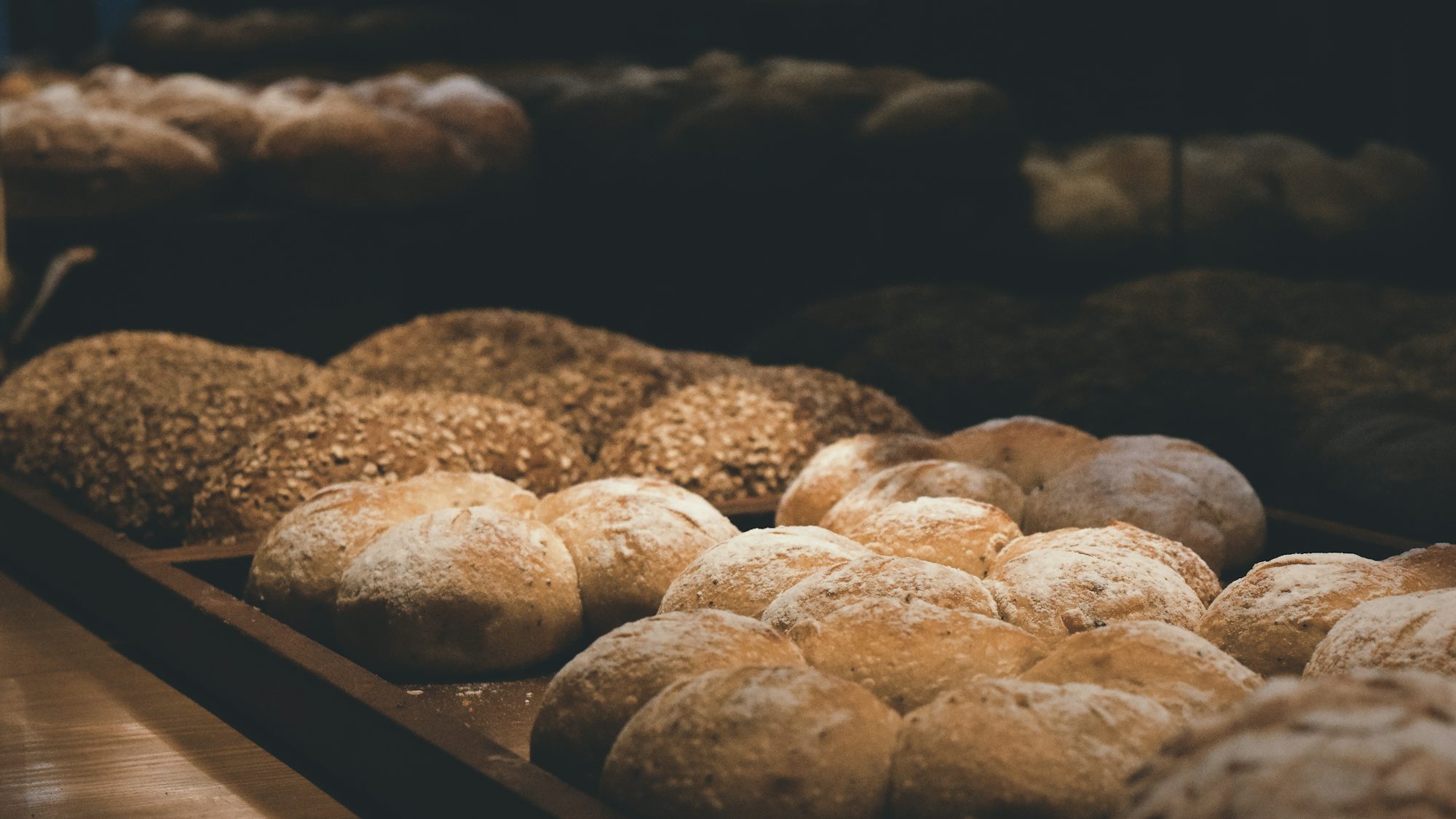Crafting a Unique Retail Experience: The Rise of Specialty Stores
An in-depth look at the growing popularity of specialty stores and how they enhance the shopping experience through unique offerings and personalized service.
One of the primary reasons consumers are drawn to specialty stores is the sense of authenticity they provide. In an age where consumers are increasingly wary of generic brands and mass production, specialty stores offer a refreshing alternative. These shops often emphasize local sourcing, handcrafted goods, and artisanal products, creating a shopping environment that feels genuine and personal. Shoppers appreciate the stories behind the products, which fosters a deeper connection between the consumer and the item they are purchasing.
Moreover, specialty stores typically focus on specific categories, whether it’s gourmet foods, handmade crafts, or niche fashion. This specialization allows retailers to cultivate expertise in their chosen field, offering customers knowledgeable advice and recommendations. Shoppers benefit from this expertise, as they can rely on staff to provide insights about products, share tips for usage, or suggest complementary items. This personalized service is a key differentiator that enhances the overall shopping experience, making consumers feel valued and understood.
The importance of community cannot be overlooked when discussing the success of specialty stores. These shops often become integral parts of their local communities, serving as gathering places where residents connect and engage. Many specialty stores host events, workshops, and tastings that encourage social interaction and foster a sense of belonging. These activities not only promote the store but also strengthen community ties, creating a loyal customer base that appreciates the shop's contribution to local culture.
In addition to community engagement, specialty stores are adept at utilizing innovative marketing strategies to attract customers. With the rise of social media, many retailers have embraced digital platforms to showcase their unique offerings and build a following. Eye-catching visuals, engaging content, and storytelling help to create an online presence that resonates with potential customers. This digital engagement often translates into foot traffic, as consumers seek out the physical locations after discovering them online.
The shopping experience at specialty stores is often enhanced by the store’s ambiance and design. Unlike larger retailers, which may prioritize efficiency and uniformity, specialty shops tend to focus on creating inviting and aesthetically pleasing environments. Thoughtful layouts, artistic displays, and personalized touches contribute to a warm atmosphere that encourages exploration. Shoppers often find themselves spending more time in these spaces, captivated by the creativity and attention to detail.
Furthermore, specialty stores are increasingly incorporating technology into their operations to enhance the shopping experience. Many retailers are leveraging point-of-sale systems that offer loyalty programs, mobile payments, and personalized promotions. This technological integration streamlines the purchasing process and allows for a more seamless experience, encouraging customers to return. Additionally, some specialty stores utilize augmented reality and virtual fitting rooms to provide unique, interactive experiences that draw consumers in.
Sustainability is also a growing concern among consumers, and specialty stores are well-positioned to address this issue. Many retailers prioritize eco-friendly practices, from sourcing sustainable materials to implementing environmentally friendly packaging solutions. This commitment to sustainability resonates with consumers who are looking for brands that align with their values. By promoting responsible consumption, specialty stores not only appeal to eco-conscious shoppers but also contribute positively to the community and the environment.
As we look to the future, the growth of specialty stores shows no signs of slowing down. The shift away from mass-produced products towards unique, quality offerings reflects broader consumer trends that prioritize individuality and authenticity. As more consumers seek out experiences that align with their personal values, specialty stores are poised to thrive in this evolving landscape.
In conclusion, specialty stores play a vital role in the retail ecosystem by offering unique products and fostering authentic connections with customers. Their focus on quality, community engagement, and personalized service enhances the shopping experience, creating lasting relationships with consumers. As the retail landscape continues to evolve, the success of specialty stores underscores the importance of adapting to consumer desires while staying true to one’s core values. The future of retail is not just about convenience; it’s about creating meaningful experiences that resonate with the heart of the consumer.